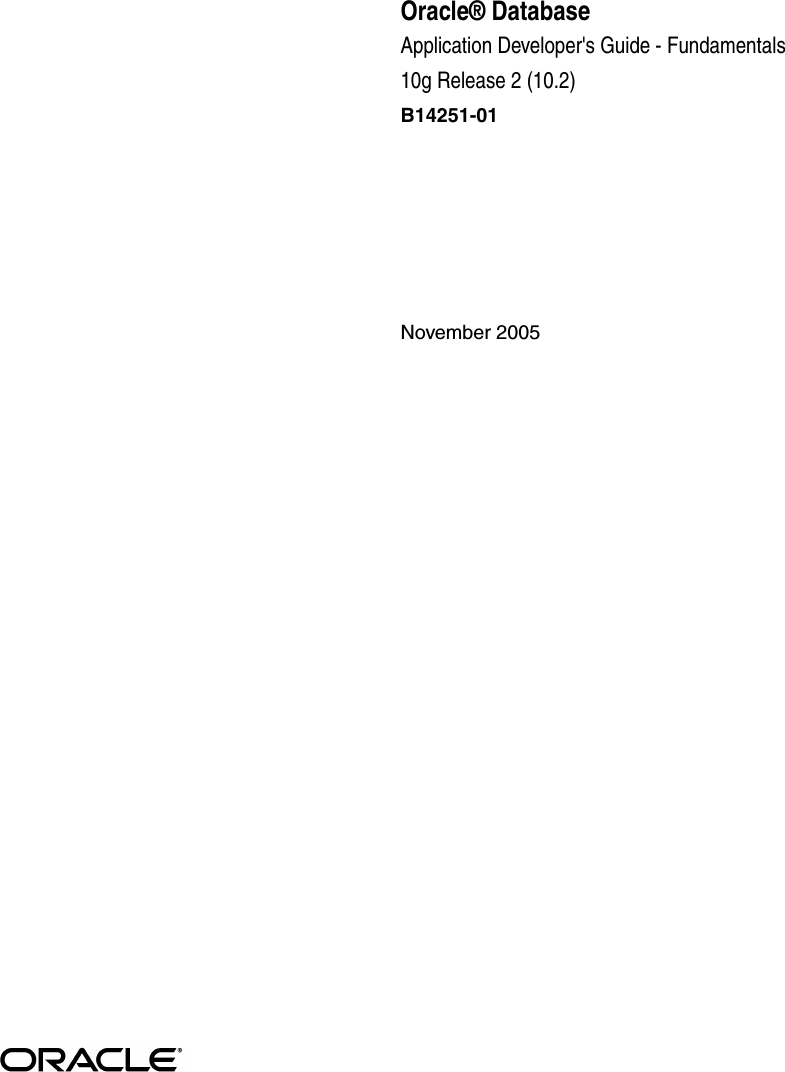
In principle, fold should act on GIMPLE (so avoiding any present dependence on which subexpressions were combined into larger expressions in the source program) with the only folding done before gimplification being more limited folding required for initializers. In addition, the front end does not logically need all the transformations done by fold.
At present, there are still various "optimizations" done in the C front end while the trees for expressions are built up, and some cases where some folding still happens such optimizations can be incrementally moved out of the front end into fold (or other optimizers) where they belong, and such folding during parsing incrementally disabled, moving towards trees that more closely correspond to the original source. See PR32643, PR60090, and this quote from Handle locations during folding or avoid aggressive folding in the front-ends. Changes in the diagnostics machinery to extract locations from expr and print a string from a source file instead of re-constructing things. However, opening files is quite embedded into CPP, so that would need to be factored out so we can avoid any unnecessary CPP stuff when reopening but still do it *properly* and *efficiently*. I think that thanks to our line-maps implementation, we can do the seeking quite more efficiently in terms of computation time. This is approximately what Clang (LLVM) does and it seems they can do it very fast by keeping a cache of buffers ever reopened. This is not trivial since we need to do it fast but still do all character conversions that we did when libcpp opened it the first time. Factoring out anything useful from libcpp would help to implement this. Care to handle charsets, tabs, etc must be taken into account. This is easy and fast but potentially memory consuming. Keeping the CPP buffers in memory and having in line-maps pointers directly into the buffers contents. 
Ideally, this should be more or less independent of CPP, so CPP (through the diagnostics machinery) calls into this when needed and not the other way around. Ifier We need to track the locations of X and r somehow.Ĭhanges in the parser to pass down the correct locations to the build_* functions.Ī location(s) -> source strings interface and machinery.
Changes on the build_* functions to handle multiple locations. For non-preprocessed expr we need at least two locations per expr (beg/end). This requires:įor each preprocessed token, we would need to keep two locations: one for the preprocessed location and another for the original location. This will fix the well-known limitation of the pretty-printer (see PR35441), PR35742, PR49152 and etc.). Please ask in for more information if you want to help to implement some of these projects.Ī) Printing the input expression instead of re-constructing it. If multiple threads of execution access the same instance of shared_ptr without synchronization and any of those accesses uses a non-const member function of shared_ptr then a data race will occur the shared_ptr overloads of atomic functions can be used to prevent the data race.Each point below is a mini-project on itself. 
The managed pointer is the one passed to the deleter when use count reaches zero.Ī shared_ptr may also own no objects, in which case it is called empty (an empty shared_ptr may have a non-null stored pointer if the aliasing constructor was used to create it).Īll specializations of shared_ptr meet the requirements of Cop圜onstructible, CopyAssignable, and LessThanComparable and are contextually convertible to bool.Īll member functions (including copy constructor and copy assignment) can be called by multiple threads on different instances of shared_ptr without additional synchronization even if these instances are copies and share ownership of the same object. The stored pointer is the one accessed by get(), the dereference and the comparison operators.

This feature can be used to point to member objects while owning the object they belong to. The object is destroyed using delete-expression or a custom deleter that is supplied to shared_ptr during construction.Ī shared_ptr can share ownership of an object while storing a pointer to another object. the last remaining shared_ptr owning the object is assigned another pointer via operator= or reset().the last remaining shared_ptr owning the object is destroyed.The object is destroyed and its memory deallocated when either of the following happens:

Several shared_ptr objects may own the same object. Std::shared_ptr is a smart pointer that retains shared ownership of an object through a pointer.








 0 kommentar(er)
0 kommentar(er)
